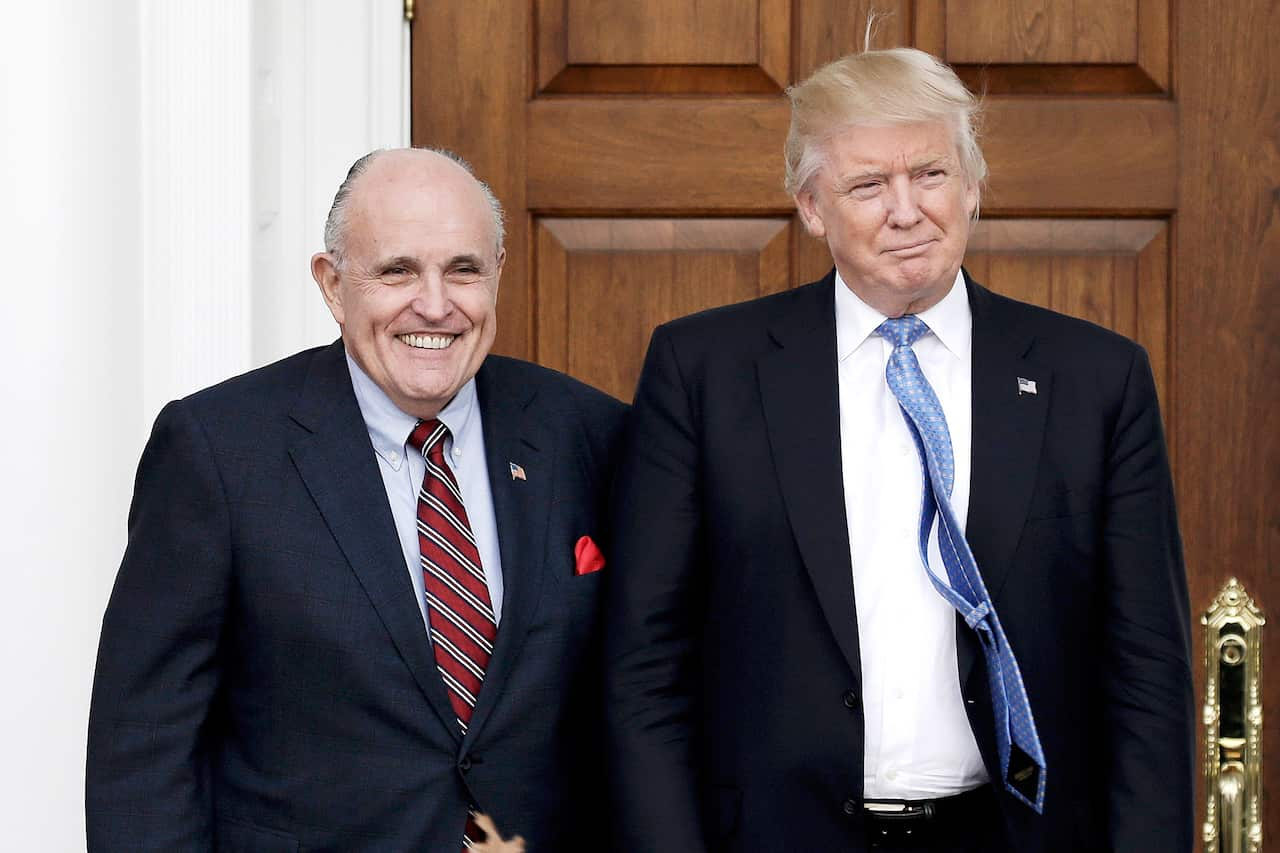For only the fourth time in US history, the House of Representatives has started a presidential impeachment inquiry.
House committees are trying to determine if President Donald Trump violated his oath of office by asking a foreign country to investigate a political opponent.
What you need to know
- House investigators are summoning former national security adviser John Bolton to testify in their impeachment inquiry.
- A State Department Foreign Service officer told impeachment investigators that Bolton cautioned him that Rudy Giuliani "was a key voice with the president on Ukraine" and could complicate US goals in the Eastern European country.
- The No. 2 official at the State Department faced off on Wednesday with senators demanding to know why he didn't know more about the Donald Trump administration's backchannel diplomacy with Ukraine and the dismissal of the US ambassador to Kiev, issues now at the heart of the impeachment inquiry.

What's next?
- Tim Morrison, Donald Trump's top adviser for Russian and European affairs, is scheduled to testify Thursday before the House impeachment investigators. Mr Morrison is leaving his job at the White House, according to a senior administration official who was not authorised to discuss Mr Morrison's job and spoke only on condition of anonymity.
- House Democrats are pushing toward their first formal vote on impeachment on Thursday. GOP leaders are decrying the process as unfair as they work to prevent defections.
Numbers that matter
Sixty US senators, including nine Democrats, represent states won by Donald Trump in 2016.
If the House were to impeach Donald Trump, 67 senators would need to vote "guilty" on any count to convict and remove him from office.
That's a high bar, especially in hyper-partisan times.
Both Andrew Johnson and Bill Clinton, the only US presidents to be impeached, were acquitted in the Senate.

Richard Nixon avoided impeachment by resigning.
The Senate has 53 Republicans, 45 Democrats and two independents who vote with the Democrats. At least 20 Republicans would have to defect, assuming all Democrats and independents vote to convict.
Four Republicans have said they are not seeking reelection.
Nineteen others are running to keep their seats, mostly in pro-Trump states.

